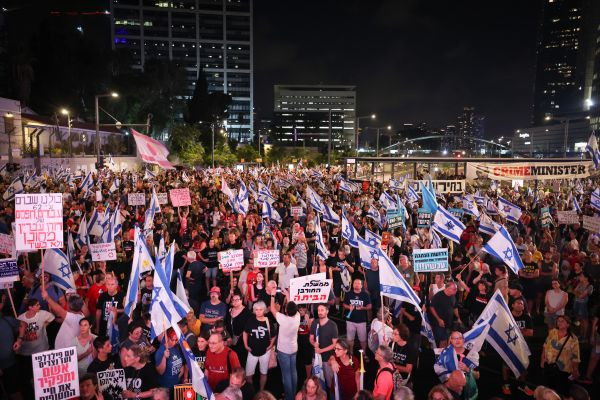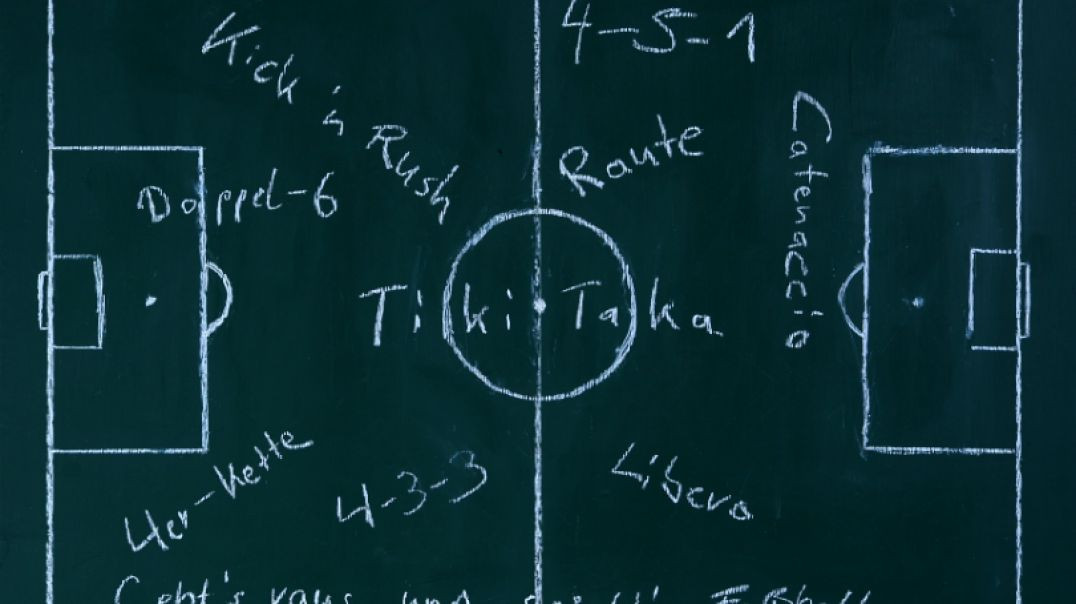Israel has been gripped by intense public outcry following the tragic recovery of six hostages who were killed during their captivity in Gaza. The incident has sparked widespread protests across the country, with thousands of Israelis taking to the streets to demand accountability, express their grief, and call for a reevaluation of the nation’s security and political strategies. This tragedy, which has deeply affected the Israeli public, has also intensified the ongoing debate over Israel's policies regarding Gaza and the broader Israeli-Palestinian conflict.
The Tragic Incident
The six hostages, who were Israeli citizens, had been captured during a cross-border raid by militants operating in the Gaza Strip. After days of uncertainty and fear, Israeli authorities confirmed the worst: the hostages had been killed, and their bodies were recovered in a military operation. The identities of the hostages have been kept private, but their deaths have struck a deep chord in Israeli society, where the pain of losing loved ones in such circumstances is all too familiar.
This incident is part of a broader pattern of violence and abductions that have plagued the region for years. Hostage-taking has been a grim reality in the context of the Israeli-Palestinian conflict, often used by militant groups as a bargaining chip in their ongoing struggle. The deaths of these hostages, however, have brought the issue into sharp focus, raising questions about the effectiveness of current strategies to prevent such tragedies and protect Israeli citizens.
Nationwide Protests
In response to the recovery of the bodies, thousands of Israelis took to the streets in cities across the country, including Tel Aviv, Jerusalem, and Haifa. The protests, which began spontaneously, quickly gained momentum as news of the hostages' deaths spread. Demonstrators expressed their anger, grief, and frustration at what they see as the government's failure to protect its citizens and prevent such a tragedy.
The protests have been marked by a mix of emotions, with many participants carrying signs and chanting slogans that call for justice for the victims and accountability from the government. Some protesters have also criticized the Israeli military's response to the hostage crisis, questioning whether more could have been done to secure their release before they were killed.
In Tel Aviv, a large crowd gathered in Rabin Square, where speakers addressed the crowd, calling for a thorough investigation into the events leading up to the hostages' deaths. Many of the demonstrators held photographs of the victims, and candles were lit in their memory. The atmosphere was one of somber reflection mixed with palpable anger, as speakers demanded that the government take more decisive action to protect its citizens from such threats.
In Jerusalem, protesters gathered outside the Prime Minister's residence, where they called for the resignation of key government officials responsible for handling the crisis. Some demonstrators accused the government of failing to act swiftly and decisively, while others called for a rethinking of Israel's broader security and diplomatic policies regarding Gaza.
Political Fallout
The recovery of the hostages and the subsequent protests have also had significant political ramifications. The Israeli government, led by Prime Minister Benjamin Netanyahu, has faced intense criticism from both opposition parties and members of the public for its handling of the situation. Critics argue that the government failed to adequately respond to the threat posed by militant groups in Gaza and that the deaths of the hostages represent a significant failure in Israel's security strategy.
Opposition leaders have been quick to seize on the incident as evidence of the government's incompetence, calling for a full inquiry into the handling of the hostage crisis. Yair Lapid, leader of the opposition, has called for an immediate review of Israel's security protocols and has demanded that the government take responsibility for the tragic outcome. He has also criticized the government for what he sees as its failure to engage in meaningful diplomatic efforts to resolve the ongoing conflict with Gaza.
Within Netanyahu's own Likud party, there have also been rumblings of dissent. Some members of the party have expressed concern that the government's response to the crisis was too slow and that more could have been done to save the hostages. These internal divisions could pose a significant challenge to Netanyahu's leadership, particularly as public anger continues to mount.
A Nation in Mourning
As the protests continue, Israel is also a nation in mourning. The deaths of the hostages have reignited painful memories for many Israelis, particularly those who have lost loved ones in similar circumstances. The country has a long history of dealing with hostage situations, and the loss of these six individuals has added to the collective grief that many Israelis feel in the face of ongoing violence and conflict.
In the wake of the tragedy, there have been numerous calls for solidarity and unity. Religious leaders from various communities have urged Israelis to come together in this difficult time and to support the families of the victims. Memorial services have been held across the country, with many attending to pay their respects and to offer their condolences to the bereaved families.
At the same time, there is a growing sense of frustration and anger among the public. Many Israelis feel that the government has failed to provide adequate security and that the current strategies for dealing with militant groups in Gaza are ineffective. This frustration has been amplified by the protests, where demonstrators have called for significant changes in Israel's approach to the conflict.
The Broader Conflict
The deaths of the hostages have also reignited the debate over Israel's broader approach to the Gaza Strip and its relationship with the Palestinian territories. For years, Israel has faced a complex and volatile security situation in Gaza, where militant groups have frequently launched attacks on Israeli territory. The Israeli government has responded with a combination of military action and economic blockades, but these measures have done little to resolve the underlying tensions.
Many Israelis are now questioning whether the current approach is sustainable. The deaths of the hostages have highlighted the limitations of military force as a means of securing peace and stability. Critics argue that a more comprehensive approach is needed, one that includes diplomatic efforts, economic development, and engagement with moderate Palestinian factions.
There is also a growing recognition that the ongoing conflict has taken a significant toll on both Israelis and Palestinians. The cycle of violence, retaliation, and retribution has created an environment in which civilians on both sides are frequently caught in the crossfire. The deaths of the six hostages are a tragic reminder of the human cost of the conflict, and many are calling for renewed efforts to find a peaceful resolution.
The Path Forward
As Israel grapples with the aftermath of the hostage crisis, there are no easy answers. The protests and political fallout have underscored the deep divisions within Israeli society, as well as the challenges facing the government in addressing the security threats posed by militant groups in Gaza. At the same time, there is a growing recognition that the current approach is not working and that new strategies are needed.
For the families of the hostages, the tragedy is a deeply personal one, and they have called for justice for their loved ones. For the broader Israeli public, the incident has sparked a national conversation about the future of the country’s security and its relationship with Gaza. Many are demanding change, both in terms of the government’s policies and its approach to the conflict.
As the protests continue, it remains to be seen how the Israeli government will respond. The pressure is mounting, and the public's demand for accountability and a reevaluation of Israel's strategy in Gaza is growing louder. Whether this tragedy will lead to significant changes in policy or further entrench the status quo remains uncertain, but one thing is clear: the deaths of these six hostages have left an indelible mark on the Israeli consciousness, and their legacy will continue to shape the nation’s future




